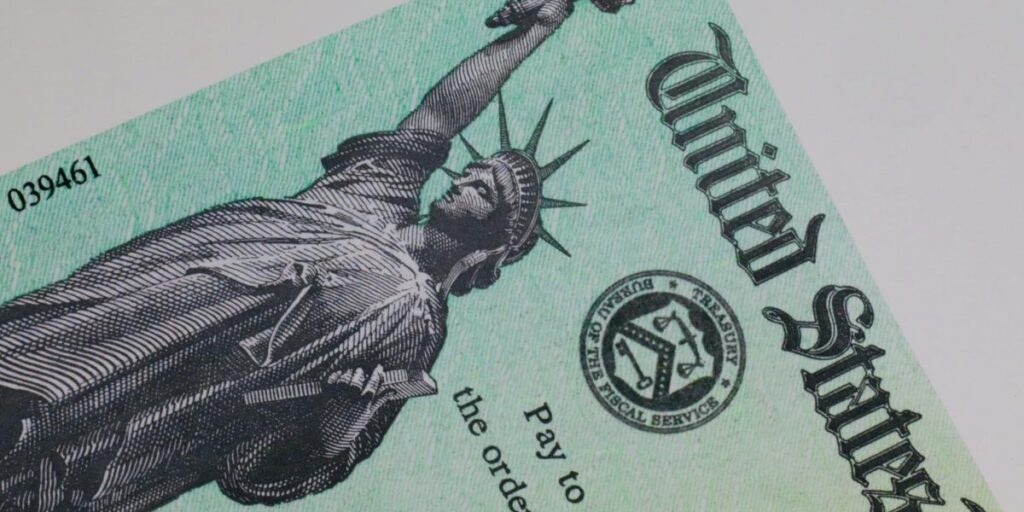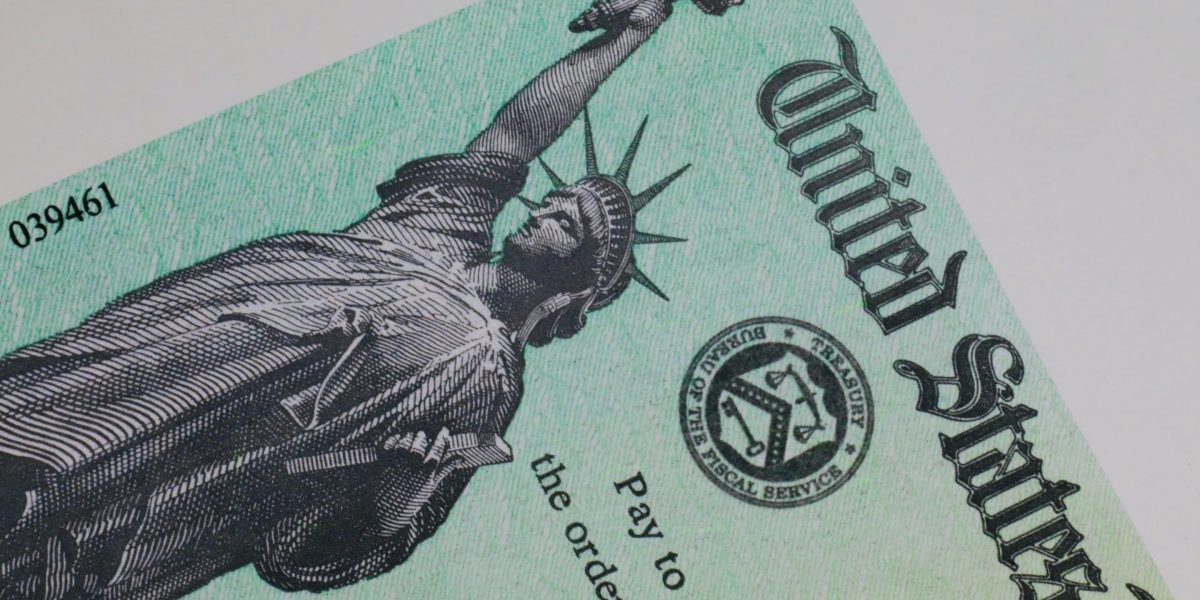U.S. debt interest costs are about to blow past $1 trillion this fiscal year
The Federal Reserve’s aggressive interest-rate hiking campaign, aimed at quelling inflation, has made debt more expensive to issue.


The US budget deficit exceeded $1.5 trillion with two months to go until the end of the fiscal year, down slightly on 2023 though vastly larger than pre-pandemic times.
The $1.52 trillion gap for the 10 months through July was down 6% from the same period last year, Treasury Department data released Wednesday showed. For the month of July, the deficit was $244 billion — 16% smaller than July 2023, adjusted for calendar differences. The adjusted year-to-date narrowing was 5%.
Higher revenues helped narrow the deficit. Receipts have risen in part because of a deferral of tax deadlines from fiscal 2023 into this year in states that suffered from natural disasters. Affected areas included most of California.
The interest burden on outstanding US debt remained a major drag on the budget. Interest costs in the first 10 months of the fiscal year totaled $956 billion, up 32% from 2023. The Federal Reserve’s aggressive interest-rate hiking campaign, aimed at quelling inflation, has made debt more expensive to issue for the federal government.
The weighted average interest rate on outstanding US interest-bearing government debt was 3.33% at the end of July — the highest since January 2010 and up about half a percentage point from a year before.





